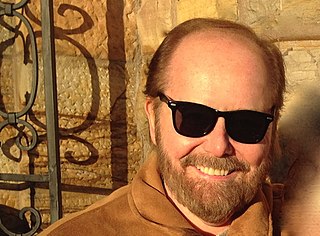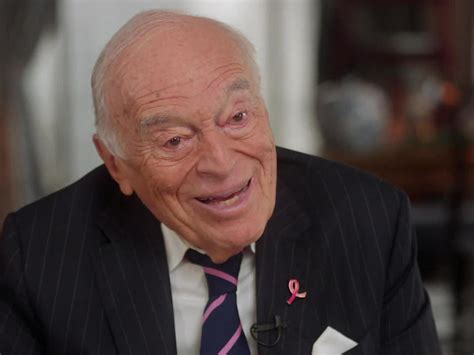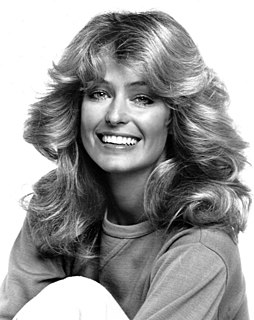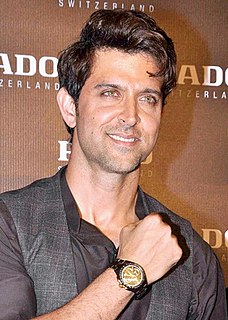A Quote by Lucille Clifton
Related Quotes
A visionary is someone who can see the future, or thinks he sees the future. In my case, I use it and it comes out right. That doesn't come from daydreams or dreams, but it comes from knowing the market and knowing the world and knowing people really well and knowing where they're going to be tomorrow.
(on grief) And you do come out of it, that’s true. After a year, after five. But you don’t come out of it like a train coming out of a tunnel, bursting through the downs into sunshine and that swift, rattling descent to the Channel; you come out of it as a gull comes out of an oil-slick. You are tarred and feathered for life.
Robert Frost says in a piece of homely doggerel that he has hoped wisdom could be not only Attic but Laconic, Boeotian even - "at least not systematic"; but how systematically Frostian the worst of his later poems are! His good poems are the best refutation of, the most damning comment on, his bad: his Complete Poems have the air of being able to educate any faithful reader into tearing out a third of the pages, reading a third, and practically wearing out the rest.
I accept that life is uncertain--that the goal is not to become more certain about anything but to relax more into the mystery of not knowing what will come next. And then, miracle of miracles, out there in the deep and uncertain water, I come into a peaceful knowing--a faithful wisdom that surpasses control and certainty.
There are definitely connections between poems, but I wanted each to stand on its own. I guess it goes back to the idea of trying to zoom in and out, and to modulate, so there are different ways of looking at any experience for the reader. Even having short poems and long poems - there has to be some kind of variation in the experience of reading as a whole.
Our bodies are garbage heaps: we collect experience, and from the decomposition of the thrown-out eggshells, spinach leaves, coffee grinds, and old steak bones out of our minds come nitrogen, heat, and very fertile soil. Out of this fertile soil bloom our poems and stories. But this does not come all at once. It takes time. Continue to turn over and over the organic details of your life until some of them fall through the garbage of discursive thoughts to the solid ground of black soil.







































